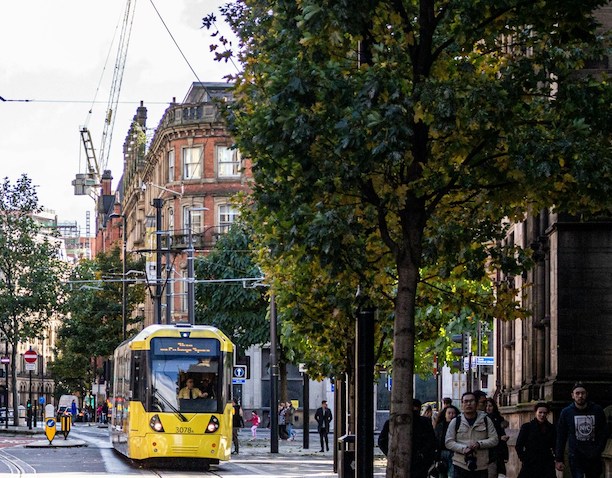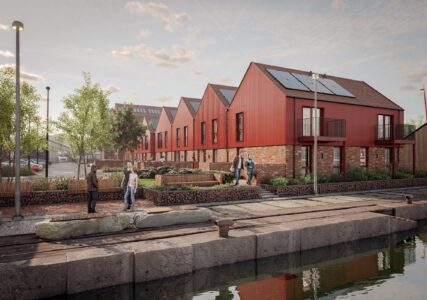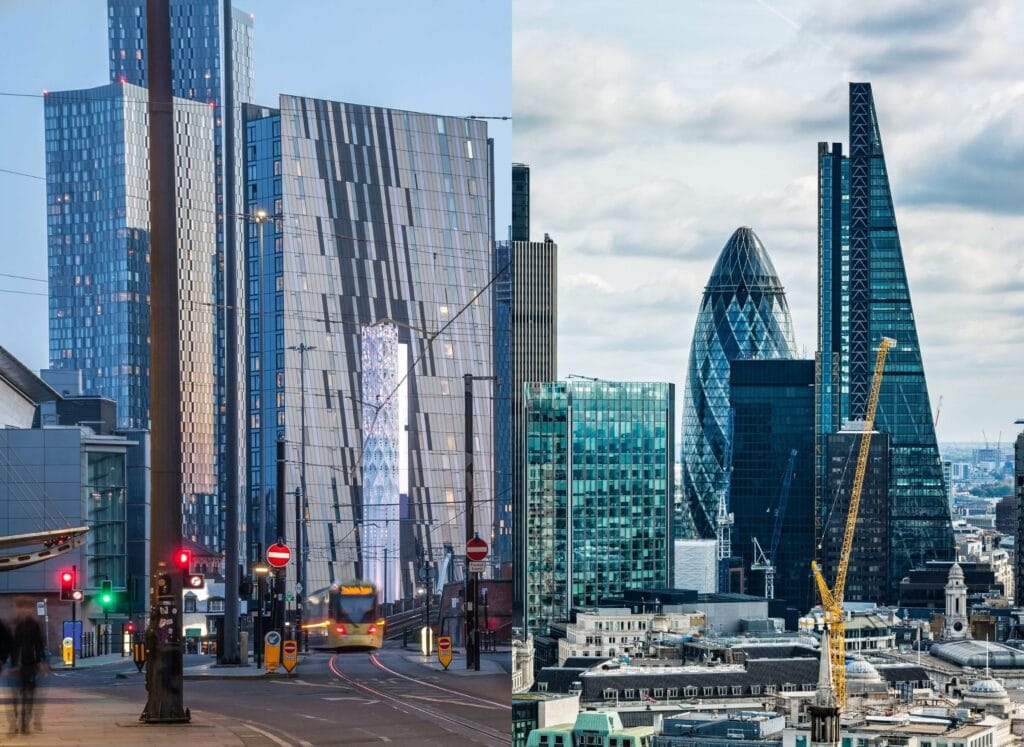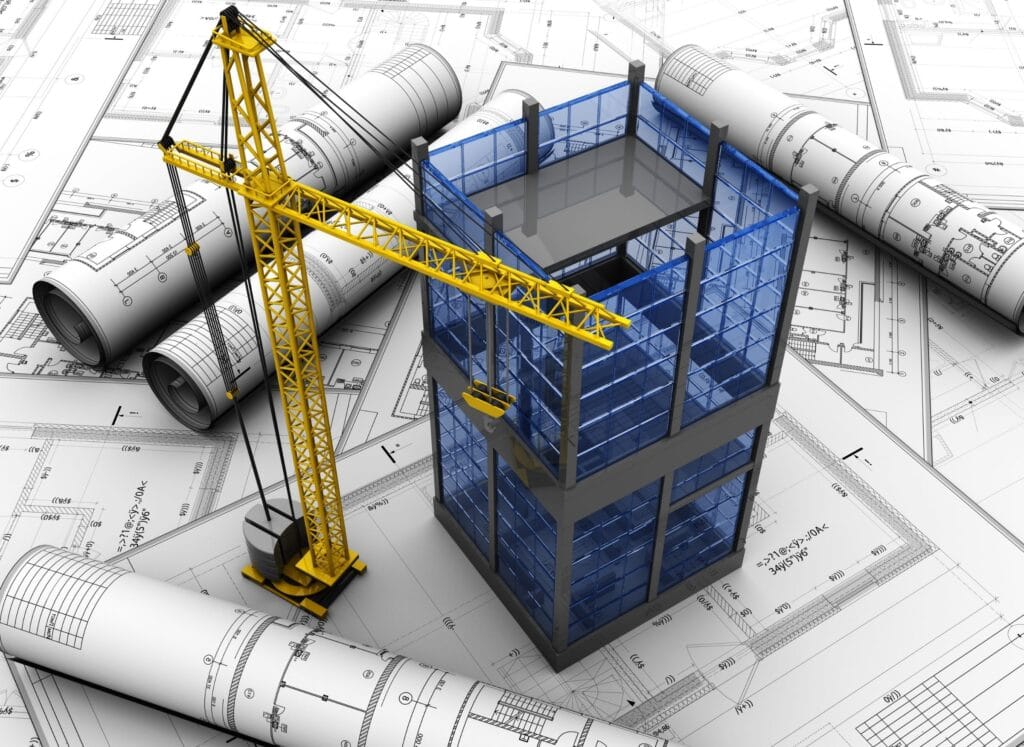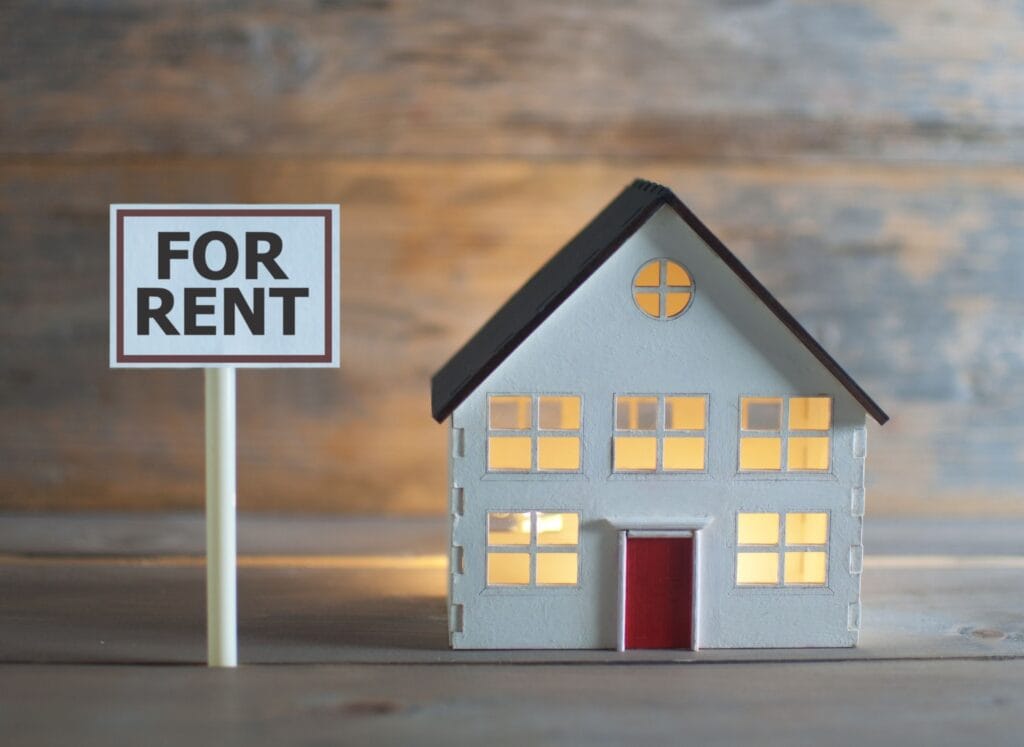Manchester’s urban landscape is undergoing a remarkable transformation, seamlessly integrating the vibrancy of city living with the tranquillity of green spaces. This harmonious blend offers residents and visitors alike the best of both worlds: the convenience and excitement of urban life coupled with the serenity and health benefits of nature. The market’s commitment to enhancing green spaces while fostering urban development showcases a forward-thinking approach to city living, making Manchester an increasingly desirable place to live, work, and relax.
Manchester’s Green Revolution
At the heart of Manchester’s urban evolution is a green revolution, with numerous initiatives aimed at increasing accessible green spaces across the city. From sprawling parks to pocket gardens and green corridors, these spaces are designed not only to beautify the urban environment but also to promote sustainability and well-being among the city’s inhabitants.
- The Green Corridor Initiative: A network of green spaces and wildlife corridors linking parks and waterways across Manchester, encouraging biodiversity and offering residents a green escape within the city.
- City Centre Parks: Piccadilly Gardens and Sackville Gardens serve as green lungs in the heart of Manchester, providing a peaceful retreat from the urban hustle.
- Community Gardens: Across Manchester, community gardens and allotments play a crucial role in fostering community spirit, promoting sustainable living, and enhancing local greenery.
The Impact on Urban Living
The proliferation of green spaces within Manchester has a profound impact on urban living, influencing everything from property values to residents’ health and happiness.
- Enhanced Quality of Life: Access to green spaces has been linked to improved mental health, reduced stress levels, and greater physical activity among urban dwellers. Manchester’s parks and gardens provide essential venues for relaxation, exercise, and social interaction.
- Increased Property Attraction: Areas adjacent to parks and green spaces are becoming increasingly sought after, with properties in these locations often commanding higher prices and rental rates. The desire for green views and easy access to nature is a significant draw for potential residents.
- Sustainable Urban Development: Manchester’s emphasis on green spaces aligns with broader goals of sustainability and environmental responsibility. Green infrastructure, such as rain gardens and permeable pavements, is being integrated into urban planning to manage stormwater, reduce urban heat islands, and improve air quality.
Challenges and Future Directions
While Manchester’s strides in combining green spaces with urban living are commendable, challenges remain in ensuring equitable access to these spaces and maintaining their upkeep amidst rapid urban development. Future initiatives must focus on inclusivity, ensuring all residents can benefit from Manchester’s green assets regardless of their location or socio-economic status.
Moreover, as Manchester continues to grow, balancing the demands of development with the preservation and enhancement of green spaces will be crucial. Innovative urban planning and community engagement will be key to sustaining Manchester’s vision of a green, vibrant, and inclusive city.
TK Property Group believes that Manchester is setting a benchmark for cities worldwide, demonstrating that urban development and green spaces can coexist harmoniously. By prioritising green infrastructure and sustainable development, Manchester is not just enhancing the urban environment but is also improving the well-being of its residents, offering a compelling model of what the future of urban living can look like. In Manchester, the best of both worlds isn’t just a concept—it’s a reality, with the city’s green spaces playing a vital role in its identity and appeal.
